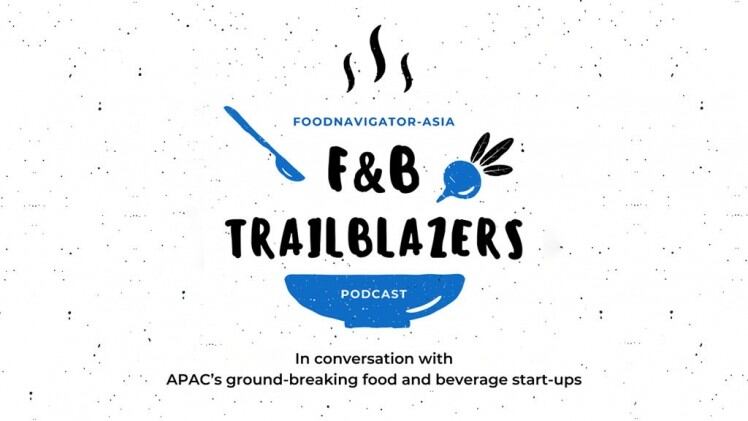That is the view of Singapore healthy snacking firm Hey! Chips which has highlighted the crucial combination of taste and health in fruit and vegetable snacks to both attract the interest of parents and simultaneously garner the favour of children.
Both the young parent and children consumer bases are incredibly important to the firm, according to Founder Emily Chu – and the only way to make return consumers out of the parents is to gain acceptance amongst the kids.
“Many younger parents today are very aware of the long-term health impacts of ultra-processed snacks, and the fact that we use clean ingredients – meaning minimum ingredients and hard-to-pronounce additives – is a big draw,” she told FoodNavigator-Asia on the most recent episode of the Food and Beverage Trailblazers Podcast.
“But at the same time, many children out there really do not have a liking for vegetables in particular, something which causes a lot of concerns for parents that they are not getting the nutrients they need.
“So the whole thing for us has been to choose the right types of fruits and vegetables which can be made into whole ingredient snacks without depending on any funky flavourings, from tomatoes to onions and even broccoli – we’ve done many events thus far and in fact broccoli, one of the most ‘hated’ vegetables, have emerged as one of our most popular crisps.
“Children are the toughest food critics and are not afraid to show if they don’t like something – so based on the response so far, I think we are on the right track.”
Hey! Chips is not the first fruit and vegetable snack company in the region, but claims to be one of the first to develop these with a clean ingredient list in mind.
“Consumers tend to compare us with similar fruit and vegetable crisps that may look the same, but are actually made using things like sugar syrups or heavy seasonings to make up for weight and flavour – it is a method that producers might also use to get away with inferior produce, but does not make for a very healthy product,” Chu added.
“Many snacks in the market also focus on using grains like rice and wheat flour to create volume and mass – and whilst these can lower the cost, I would consider these to be heavily processed snacks that come with high carbohydrate, sodium or fat content and are also not the healthiest snacks to have.
“Moving forward, I believe that healthier snacks are going to become as clean as possible as consumers are getting more educated about food labels and have an aversion towards long ingredient lists and industrial food additives.”
Adding to this challenge is the fact that Hey! Chips operates based on a farm-to-table concept, so needs to adjust its production model accordingly, making for somewhat lengthier innovation.
“Most snacks like potato chips can very quickly make new products as they can just switch out the seasonings, but we do not have that luxury,” she added.
“We need to take much more time, sometimes even an entire year, to make new chips as these are whole-ingredient snacks and we need to research the whole supply chain from farm to table, from sourcing to processing and packing, before we can roll a new product out.
“So a lot more R&D is needed, and usually we will make the snacks where the fruits and vegetables are sourced in order to minimise transportation and time-related complications.”
Listen to the podcast above to find out more.


